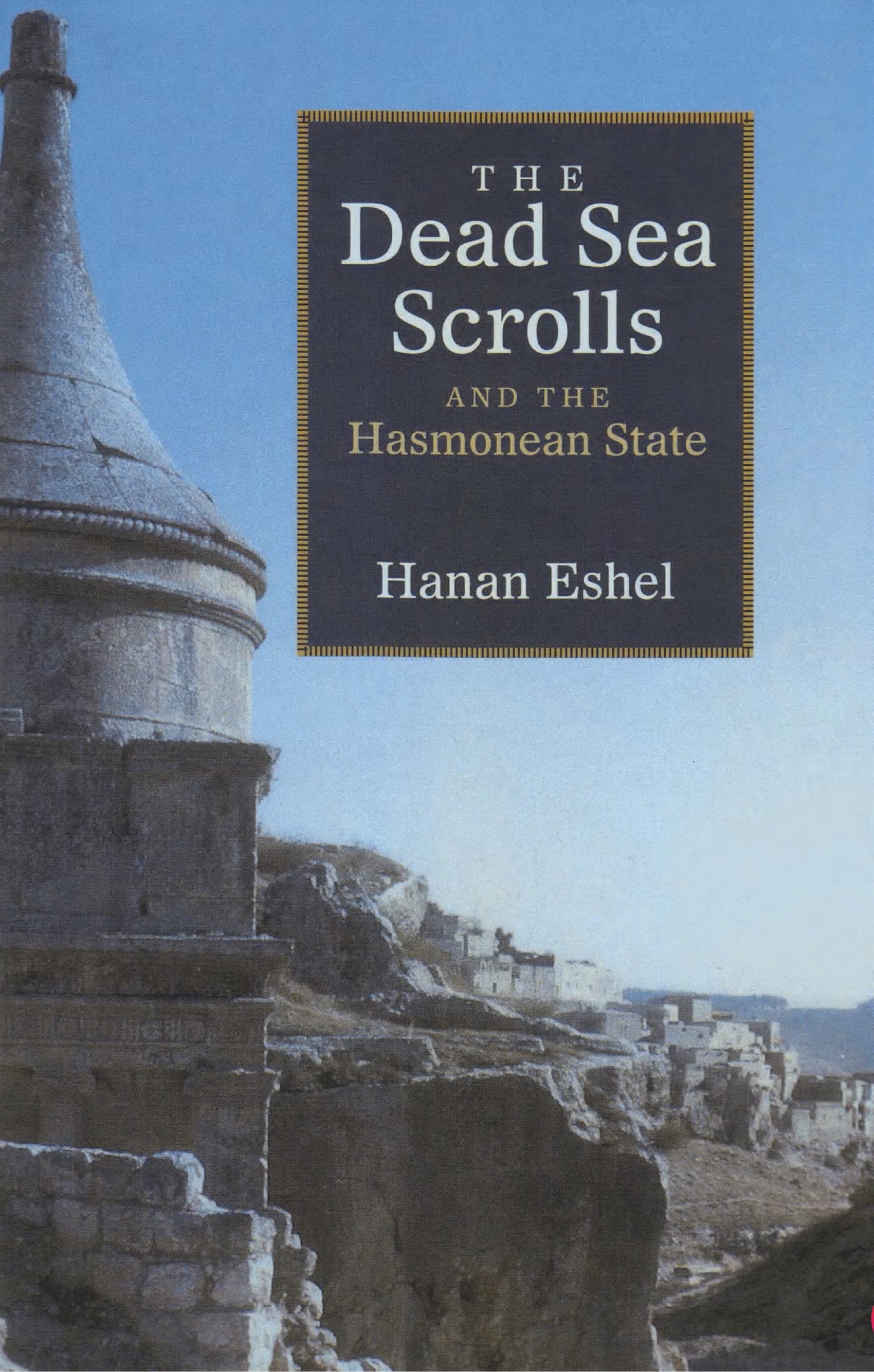The Dead Sea Scrolls and the Hasmonean State
This book explores the relationship between the Dead Sea Scrolls and the Hasmonean State, a crucial period in ancient Jewish history. Hanan Eshel, a renowned archaeologist and historian, examines how the Qumran community was connected to the Hasmonean rule and the political and religious impact of that era.
⸻
📌 Content and Focus of the Book
1. Discovery of the Dead Sea Scrolls
• The history of the Qumran scrolls’ discovery in 1947.
• The contents of the scrolls, including Hebrew Bible texts, community rules, and religious commentaries.
2. The Hasmonean State (140–37 BCE)
• The rise of the Hasmonean Dynasty after the Maccabean revolt against the Seleucid Empire.
• The relationship between the Hasmonean rulers and Jewish sects such as the Sadducees, Pharisees, and Essenes.
3. The Qumran Community and the Hasmoneans
• Was the Essenes community at Qumran in opposition to the Hasmonean rule?
• Analysis of texts such as the “Pesher Habakkuk”, which contains criticisms of Jewish rulers of the time.
4. Political and Religious Influence
• How the Hasmoneans shaped Jewish law and messianic expectations.
• The conflict between the Hasmonean military-political approach and the eschatological teachings of the Qumran community.
⸻
🔍 Key Features of This Book
✔ Written by Hanan Eshel, an expert in Jewish history and the Dead Sea Scrolls.
✔ Connects ancient texts with historical and political contexts.
✔ Uses archaeological and philological evidence to analyze the Qumran community.
✔ Addresses questions regarding the identity of those who preserved the Dead Sea Scrolls.
⸻
📌 Conclusion
This book is an essential academic study for those interested in the Dead Sea Scrolls, Jewish history, and the intersection of religion and politics in ancient times. Hanan Eshel provides a well-researched and evidence-based perspective on how the Qumran community interacted with Hasmonean rule and how their writings reflect opposition to the Jewish authorities of the period.
📚 Recommendation: Ideal for historians, archaeologists, and readers interested in Jewish and early Christian studies.
